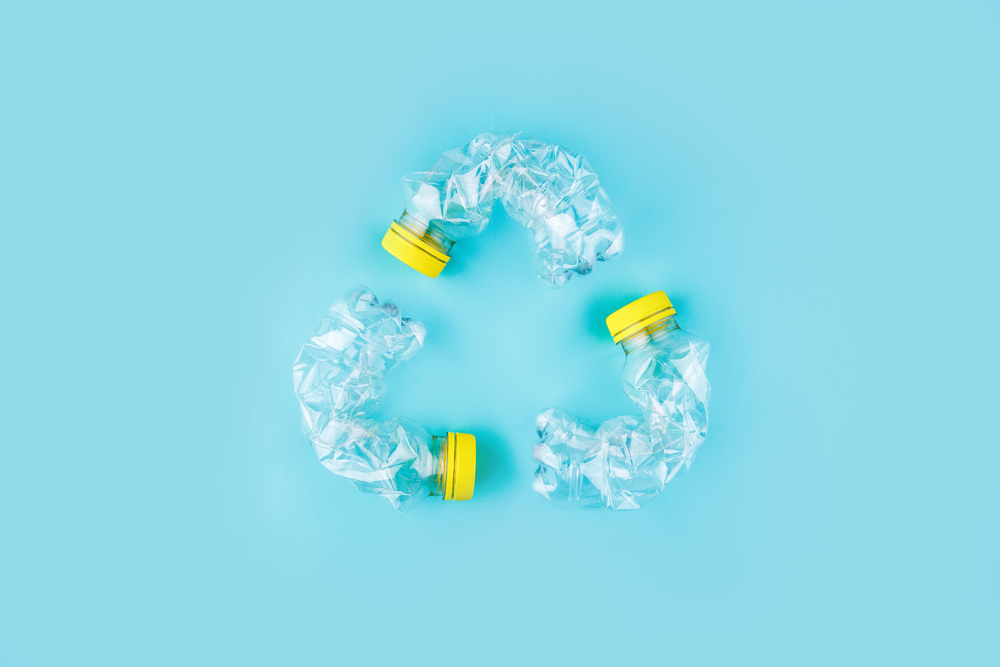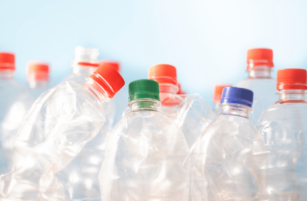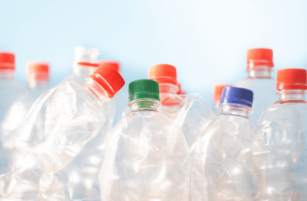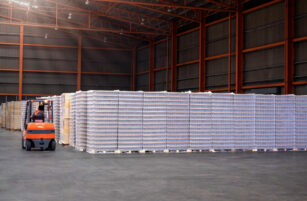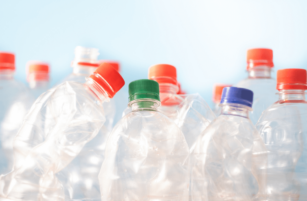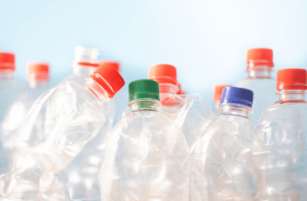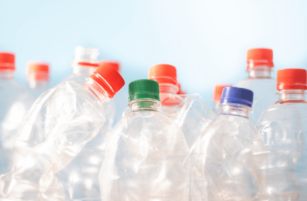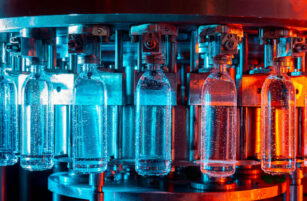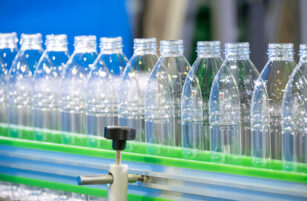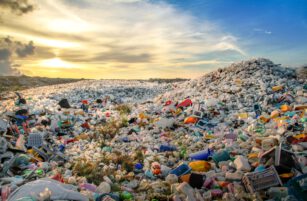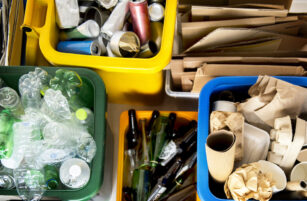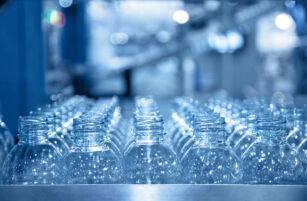Insight Focus
- Africa continues its rapid growth in sustainability, harnessing the value from its plastic waste.
- Will the EU be forced to legislate against bottle loss to exports and non-food applications?
- The trend towards concentrated micro-refillables continues to grow within the homecare sector.
This Month’s Top Trends
1. Africa Accelerates Recycling Efforts
From multinational recycling initiatives to much needed infrastructure expansion and grassroots community projects, Africa’s drive towards a more sustainable future is accelerating.
In recent months, an array of different companies have engaged in boosting the circularity of PET drinks bottles within Africa. Coca-Cola is often at the forefront of many of these changes.
Coca-Cola Beverages Africa (CCBA) has been promoting trash collection and waste segregation in Kenya by establishing and supporting new collection centres across the country. Further to this, Coca-Cola Nigeria has revealed new investment plans for the collection and recycling of 15% of its products in the Nigerian market this year.

In Ghana, CCBA subsidiary, Voltic, has partnered with aggregators to collect bottles from pickup points around the capital. Voltic is also working with Total Energies and plastic waste pickers, such as Coliba, SESA and Beach Cleanup Ghana to establish collection points at filling stations and other sites, where waste pickers can deliver used PET bottles for payment.
Since unveiling its new look clear Sprite bottle in 2020, Coca-Cola Beverages Africa has also rolled out the new colourless bottle to six African markets, including Tanzania, South Africa, Nigeria, Ethiopia, and Kenya. The move makes it much easier to recycle and with adds value for pickers.
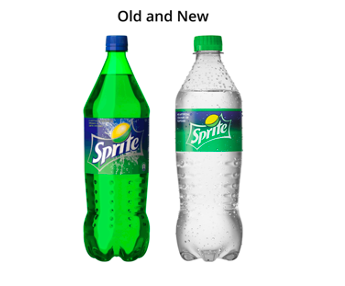
Africa is also experiencing growth in rPET production capacity. Both continent’s major food-grade rPET producers, Extrupet and BariQ, have recently announced plans to expand production capacity:
- In February, BariQ, the largest PET bottle-to-bottle recycler in the Middle East & North Africa (based in Giza, Egypt) announced that it was expanding and upgrading its existing plant, increasing its total production capacity to 35k tonnes of food-grade rPET pellets per year.
- In April, Exturpet announced a major expansion of its food-grade plastic recycling operations in South Africa. Extrupet plans to double food-grade operations by adding a fourth food-grade rPET facility, which will increase recycling capacity by an additional 33k tonnes per year.
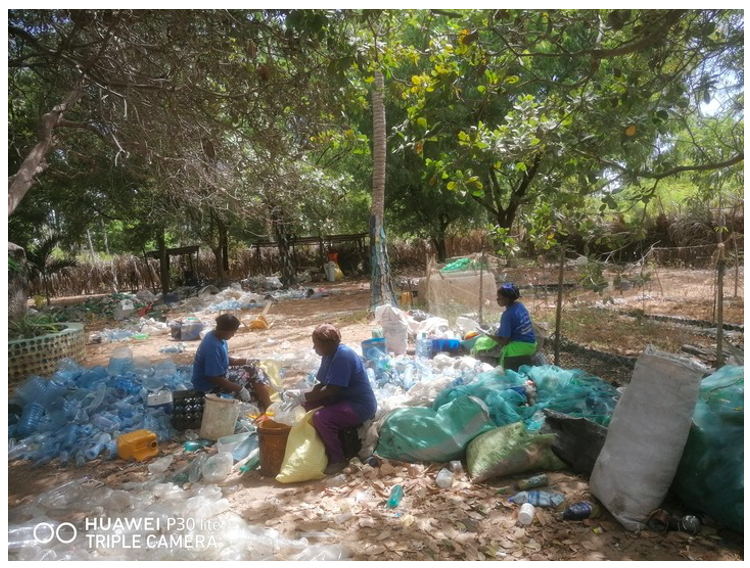
With rPET prices in developed markets at record highs, the value of PET waste being recognised and is also helping to bring about positive benefits to communities. One recent article highlighted benefits of the recycling boom to Kenya’s coastal communities. Through recycling, social enterprises are enabling a steady income for communities, helping provide for basic needs like food, shelter, and school fees for children.
Implications
- Whilst value in plastic waste, primarily PET bottles, is being recognised and is helping to raise collection rates, outside of South Africa and Egypt, the vast majority of what is collected is still exported.
- What is currently missing is the production and use of food-grade rPET within much of Africa.
- In January 2022, Dow announced investment in Mr. Green Africa, which plans to build a new food-grade rPET plant in Nairobi, Kenya.
- However, further legislation, potentially export taxes, may be required to support the growth of domestic production, and incentivise African buyers to increase their own recycled content in bottles.
2. Battle for the Bottle Pool
European prices for recycled material have hit record highs in April. Whilst continued high demand is one driver, a shortage of quality feedstock is an equally important dynamic.
Whilst collection rates continue to grow slowly in Europe, PET bottles are increasingly being diverted away from the food and beverage sector and into non-food-grade applications, breaking any potential circularly the market desperately needs.
In April, Continental announced, with much fanfare, the “world’s first” tyres made with polyester from recycled PET bottles.
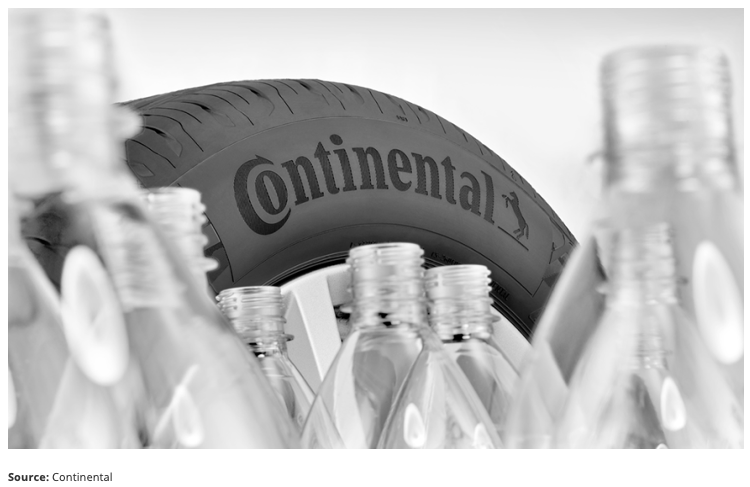
Continental produces more than 142 million passenger car tyres per year. According to the company, it uses around 400g of polyester fibre per tire. With a corporate goal to use only sustainable materials by 2050, this would represent demand of around 570k tonnes per year of polyester fibre – a huge potential loss from the global bottle pool.
And whilst the European food and beverage market scrambles to source and import rPET material, the recent decision by the Indian government to allow domestic recyclers to import of PET bottles has also highlighted the threat from substantial out-flows from Europe as well.
In 2019, the Indian government banned all imports of plastic waste. A reprieve for PET bottle imports was granted at the end of March this year, following pressure from Indian recyclers, who claimed the country faces a deficit of 93k tonnes of post-consumer PET bottles, which need to be imported.
Applications by seven Indian recyclers were submitted requesting this volume come from the USA, Canada, Germany.
Implications
- Encouraging greater collection and legislating for recycled content, whilst at the same time enabling losses from the system, is like pouring water into a leaky bucket.
- Current high rPET prices are already resulting in European bottlers and converters switching over from rPET to virgin resin, damaging the drive for greater sustainability.
- With industry voices growing louder around this topic, future EU bans on PET bottle exports and use in non-food grade applications seem a distinct possibility.
3. Concentrated Packaging
In a bid to reduce plastic packaging, one trend that continues to gain momentum is the concentrating of liquid products into smaller-sized containers to be used in conjunction with at-home refill systems.
In April, SC Johnson announced the launch of its concentrated ‘DISSOLVE’ pods across several product ranges in the US. According to the company, each refill pod uses 94% less plastic than a 23-fluid ounce or larger same-branded sprayer bottle.
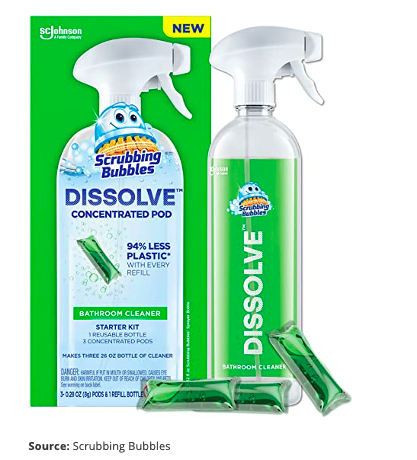
Consumers can purchase the pods separately, or as part of a starter pack, which also includes a reusable, 100% recyclable larger bottle. To use, consumers simply drop one pod into the empty reusable bottle, fill with warm tap water, twist on the sprayer, and shake until the pod dissolves.
A similar concept was also launched earlier this month by Colgate-Palmolive and Walmart. The two companies teamed up to develop and sell the new Palmolive “Shake & Clean” dish soap, which features reusable packaging that results in 75% less plastic waste versus buying a new 20-oz bottle of dish soap. Instead, consumers add a portion of concentrate from a 5-oz pouch to a 20-oz reusable bottle and shake.
Implications
- Refillable systems will enable brands to achieve sustainability targets on reducing plastic consumption, whilst simultaneously lowering costs and their carbon footprint.
- Smaller packaging sizes will not only lower raw material consumption, but energy and transportation costs through weight savings per unit.
- Perhaps the biggest question is will consumers voluntarily make the switch? If not, could brands force the change through elimination of regular-sized product bottles?
4. Flexible Deposit Return Scheme Fills Collection Gap in the Netherlands
The Netherlands officially introduced a 15-cent deposit return scheme (DRS) for plastic soft drink- and water bottles in July 2021. Last month, several companies in the Netherlands made moves to unilaterally expand the scope of the official DRS.
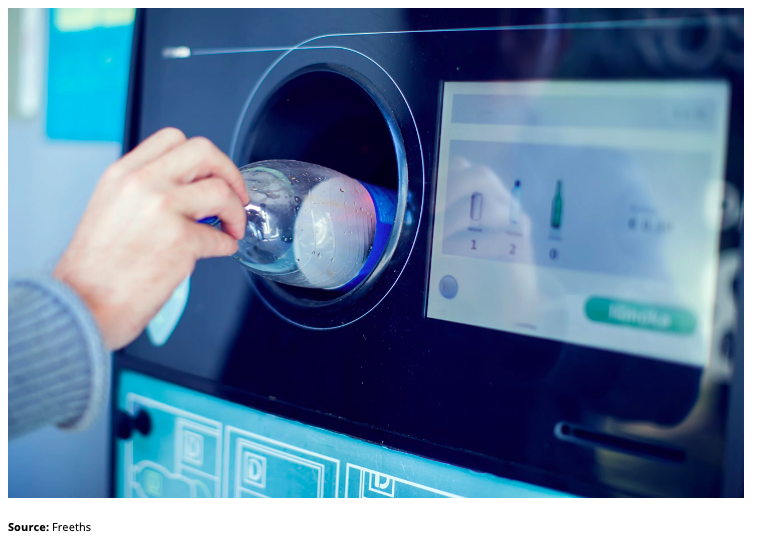
Dutch Railways (NS) announced plans to install 17 plastic bottle deposit machines across five stations in Amsterdam, Rotterdam, the Hague, Utrecht, and Eindhoven by September 2022. In a bid to reach zero waste at station, the NS hopes the new machines could collect up to 10 million bottles from train passengers.

Dutch retailer Jumbo is set to introduce a voluntary deposit on all own-brand juice and smoothie bottles. According to the retailer, the country’s current DRS does not apply to drinks that consist of 100% juice. The retailer aims to introduce deposits on all bottles across its network by this autumn.
Also in the news this month, the Dutch government announced that starting next summer, the free supply of disposable plastic cups, cutlery and food packaging for single use will be banned, meaning customers will be required to pay for packaging, supplementary to the price of any drink or meal.
The ban won’t apply to any packaging that is made of 100% paper and reusable crockery will be the standard from 2024.
Implications
- With sustainability high on the corporate radar, more companies are wanting to take a proactive position on collection and recycling of plastic waste.
- Having a national system flexible enough to allow successive integration of new micro schemes is a key enabler.
- Whilst the two recent examples complement the national DRS, we could equally see competing schemes run in parallel, with brands and retail chains aiming to recoup bottles back into their own systems.
- The introduction of the UK’s first deposit return schemes is set to introduced in Scotland in 2023, with the rest of the UK expected to follow in 2024.
Other Insights That May Interest You…
Plastics and Sustainability Trends in March 2022
Plastics and Sustainability Trends in February 2022
Plastics and Sustainability Trends in January 2022
Explainers That May Interest You…
